さて今回は検査結果や他の研究を主語にして使われがちな単語たちをまとめてみます。ちょっと欲張って多すぎた気がします(汗
“show” を中心としたSkeLLによるsimilar wordsの図をみてみると以下のような形です。

(SkeLLより引用)
他にも違いを明確に説明しにくい似たような単語が並んでいますね。
目次:
単語の意味と共起表現
まずは単語の意味から見ていきます。
(Cambridge Dictionary | 英語辞典, 訳 & 類義語より引用)
・show
to make it possible for something to be seen
これは単純に何かをみえるようにする、という意味合いですね。
・demonstrate
to show or make something clear
to show something and explain how it works
明確にする、どういう仕組みになっているか説明する、ということで先ほどのshowよりは詳しく説明している印象です。日本語では「実証する」なんて訳を付けられることもありますね。
共起表現としてSkeLLでの修飾語句になりやすいものをみてみると
conclusively, convincingly, vividly, consistently
など、実証できていることをより強めるような、論理的に強い意味合いの副詞が並びます。
・indicate
to show, point, or make clear in another way
indicateも同様に何かを示すことを表す単語ですが、”in another way”とあるように、showほど一見して明らかなものを示すわけではない印象です。
共起表現としての修飾語句は
clearly, strongly, possibly, perhaps
など先ほどのdemonstrateよりは少し弱い単語も並びます。また論理的に強い意味合いを持ちそうな単語もあまりありません。
・suggest
to say an idea or plan for someone else to consider
「提案する」 という意味がありますが、少し他に比べると弱い単語となります。共起表現もindicateと同様にあまり強い副詞は並びません。臨床系の論文ではmayなどの可能性の低めな謙虚な表現の助動詞と一緒に使われている印象です。
・reveal
to make known or show something that is surprising or that was previously secret
revealは「今までは隠されていたものを示す」という点で、何かが事前に隠されているということが特徴です。
修飾語句をみてみると
finally, eventually, gradually, slowly, ultimately
など、「最後に」という意味の単語や時間の経過速度を表す副詞と相性が良いことが分かります。他の単語にはみられない特徴ですね。
それぞれの違いについては、こちらのページも参考になります。
科学論文における類語:reveal、show、indicateの違いは?
医学論文を含めた用例
実例をみていきます。
・show
Moreover, both cases showed favorable response to steroid plus rituximab therapy.
(Annals of Clinical and Translational Neurology 2019; 6(2): 392–396)
症例ベースで薬の反応を示す意味でのshowですね。これは経過をみればよい反応なのかどうかは一目瞭然で明らかであり、showの意味に合致します。
Three days later, cervical spine MRI showed a T2 hyperintense enhancing lesion at C2-3 (figure).
(Young-Barbee C, Hall DA, Lopresti JJ, Schmid DS, Gilden DH. Clinical/Scientific Notes. 2009.)
これも単純に画像で信号変化があるよ、ということでみてそのままわかることに使われていますね。
・demonstrate
These considerations may explain why many individual randomized clinical trials have failed to demonstrate a treatment effect.
(JAMA. 2020;323(19):1934-1944. doi:10.1001/jama.2020.4249)
trialがeffectを示す、という意味合いではdemonstrateが使われます。trialはまさに効果を「実証する」ものなので、demonstrateがぴったりきますね。
These antibodies are highly specific and their pathogenicity has been demonstrated in cultured neurons and in-vivo models.
(Lancet Neurol 2016; 15: 391–404)
Skin biopsy can reliably demonstrate the loss of IENF in SFN.
(Brain (2008), 131, 1912^1925)
手持ちの論文での表現をみていくと病理所見や生検結果などの医学的には確実性が高いもの・実証性が高いものに対してはdemonstrateが使われているように思います。
・indicate
we found no radiologic, clinical, or CSF symptoms that clearly indicated the final diagnosis.
(NEUROLOGY 2001;56:1313–1318)
Previous reports indicate that NMOSD has some clinical manifestations that differ from those of seropositive NMOSD
(Journal of the Neurological Sciences 341 (2014) 17–21 Contents)
臨床所見→診断、ある疾患についての過去の報告→疾患の臨床所見というのは、そこまで直接的かつ確実に意味を示せるものではないので、indicateという単語になってきているのかなと推測されます。
Because the results indicated an almost perfect colinearity between these volume measurements.
(Stroke. 2000;31:2175-2181.)
we created binary variables to indicate the presence of neurological disease, including Parkinson’s disease, multiple sclerosis, and paralytic syndromes
(SLEEP 2016;39(5):1009–1014.)
統計的な数値が現実の何かを示す、という場合も確実な結びつきとまで言えず、「別の形で」何かを示しているということになるので、やはりindicateが適切なのではないでしょうか。
ADC indicates Apparent Diffusion Coefficient.
(Stroke. 2012;43:532-535.)
これは少し別の意味でtableなどの略語の説明にindicateが使われています。
anticoagulation is indicated depending on stroke characteristics.
When anticoagulation is contraindicated, an inferior vena cava filter is reasonable.
(BMJ 2018;362:k2515)
これもまた違った意味ですが、薬の適応といういみでindicateが使われていますね。contraindicationは反対語で「禁忌」ですね。
・suggest
This observation suggests that the positive results of our study were not due to enrollment of a population with a large proportion of patients who did not have a response to interferon beta-1a.
(N Engl J Med 2010;362:402-15)
The results of the present study suggest that there is insufficient adult immunisation and use of tetanus boosters in Turkey.
(Clin Microbiol Infect 2004; 10: 229–233)
studyなどの研究結果を主語にもってきてsuggestが使われています。ややつながりが弱い意味合いを出したい場合と考えられます。
・reveal
The detection of TPOAb across all control groups reveals their poor disease-specificity.
(Neurology 2020;94:e217-e224.)
これは「橋本脳症は存在しないのでは?」という昨年出されたNeurologyの論文からの引用です。TPO抗体を診断基準として存在していた橋本脳症ですが、抗体自体が特異性が低いことが明らかになりました。
まさに「今までは知られていなかったことが示される(明らかになる)」という前提がありますのでrevealがぴったりですね。
Repeat CSF examination 2 days later revealed 1,300 erythrocytes and 21 leukocytes
(Young-Barbee C, Hall DA, Lopresti JJ, Schmid DS, Gilden DH. Clinical/Scientific Notes. 2009.)
Her neurological examination revealed left 12th CN palsy.
(Medicine (2017) 96:29(e7549))
検査や診察結果を表すものでもrevealが使われます。それまでの診察では明らかでなかったものが明かされるわけですから、使えるのではないかなと思われます。
まとめてみますと、
show 一見して単純にみえるものを示す
demonstrate (病理や実験などにより)確実に示す
indicate 少し違う見方でみると、みえてくるものを示す
suggest 示す(けど必ずしもそうでもないかもしれない)
reveal 今まで隠されていたものを示す
こんな感じでしょうか。いずれも論文には頻出・必須の表現なので使い方をもっと磨いていきたいですね。
英語学習に役立つコーパスについてまとめた記事はこちら↓
中級以上の英語の学習方法について書かれた本のレビューはこちら↓
スピーキングでのアウトプット練習に役立つレッスンの紹介はこちら↓
ライティングでのアウトプット練習に役立つサイト紹介はこちら↓
コーパス・辞書などを使って分かりにくい類義語についてまとめまくった記事の一覧はこちら

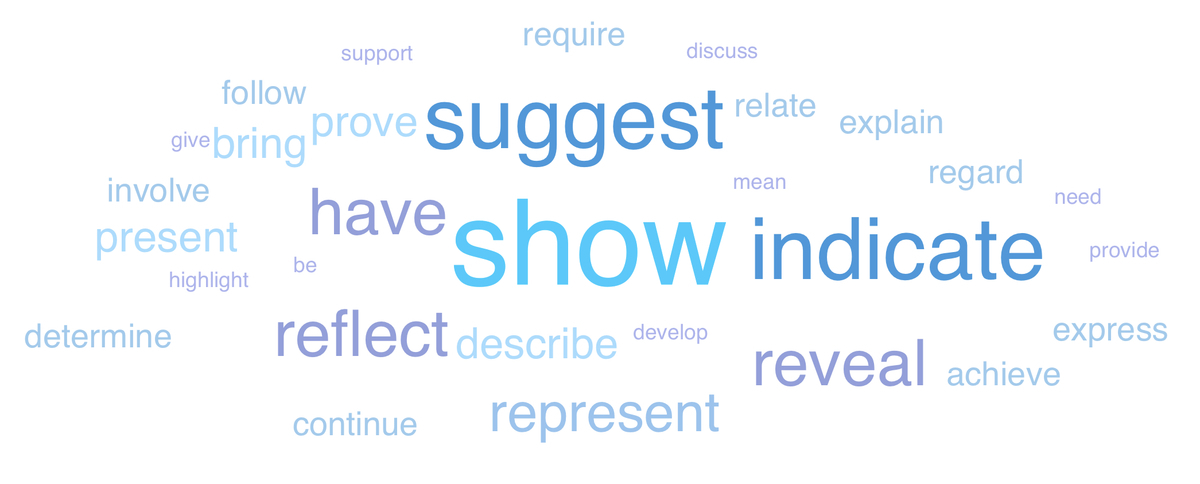
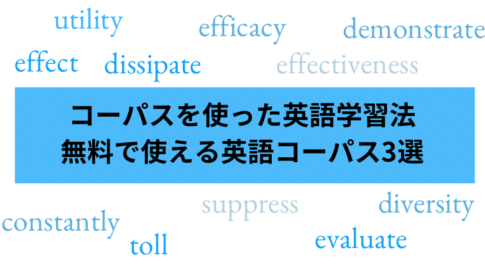
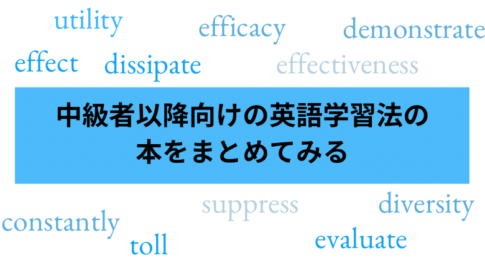
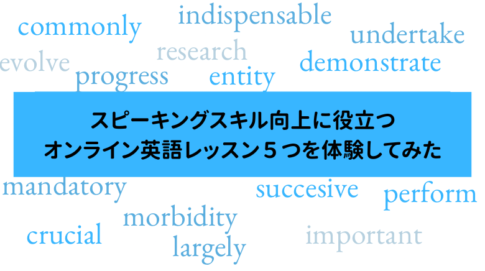
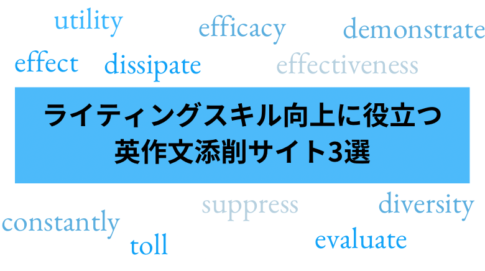
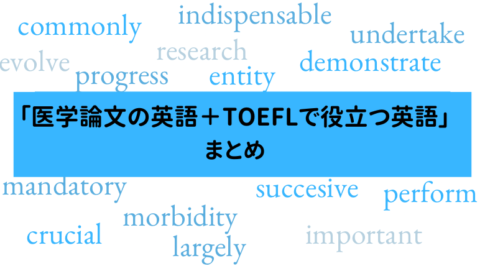

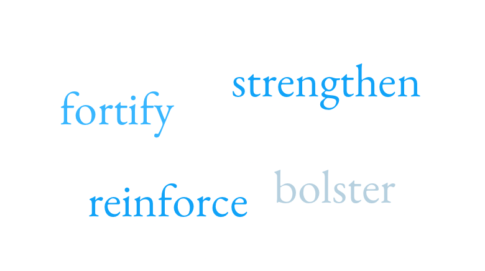
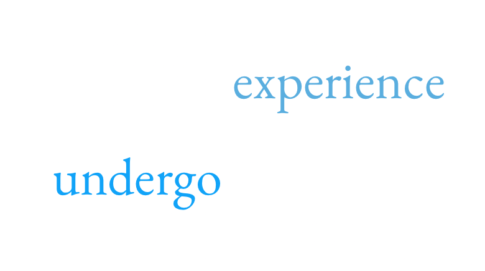
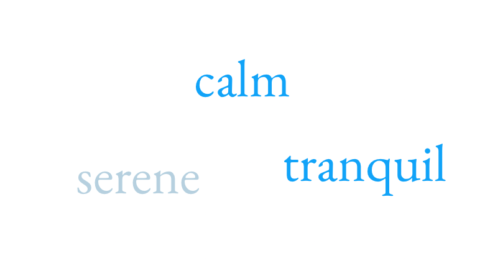
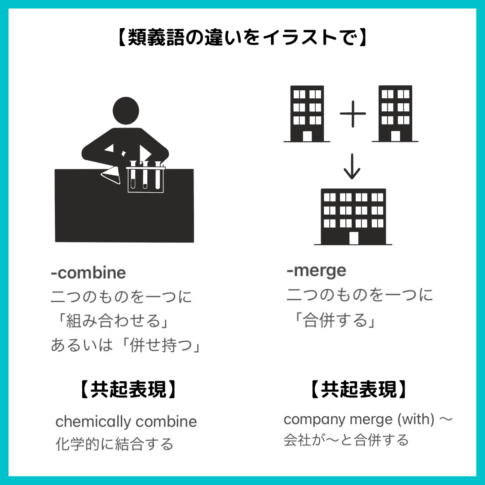
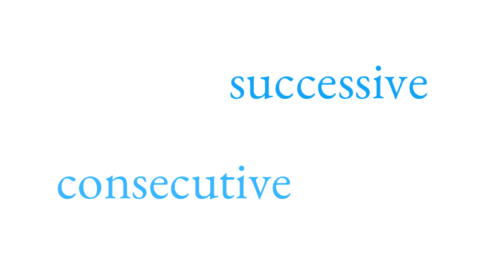
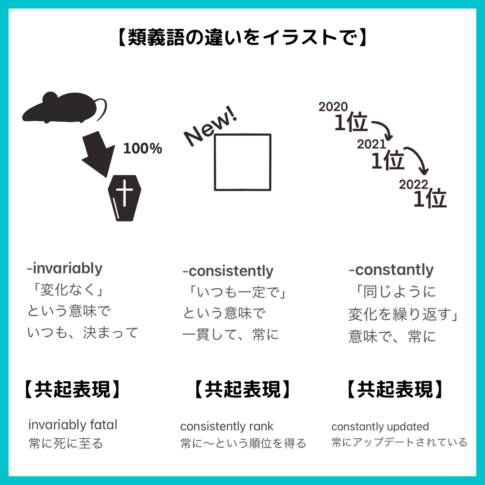

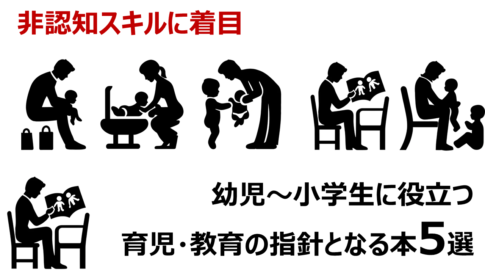
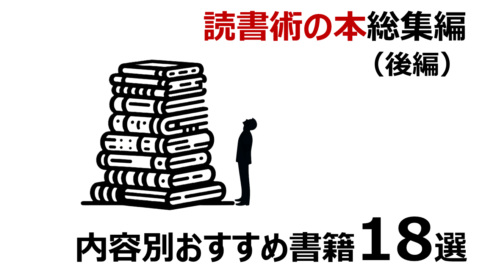
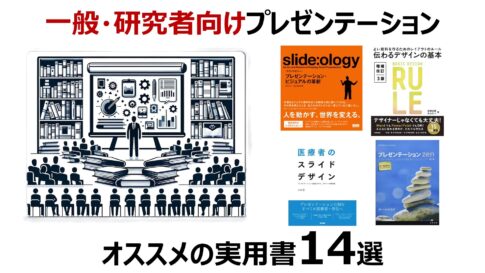
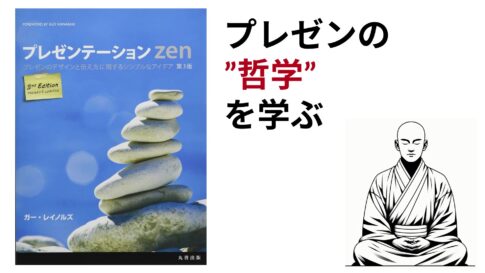
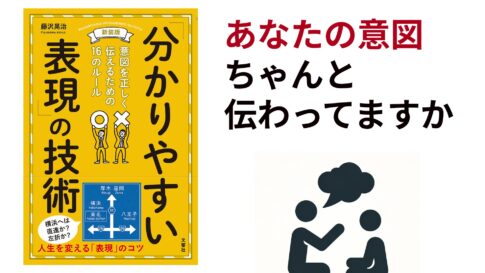
コメントを残す